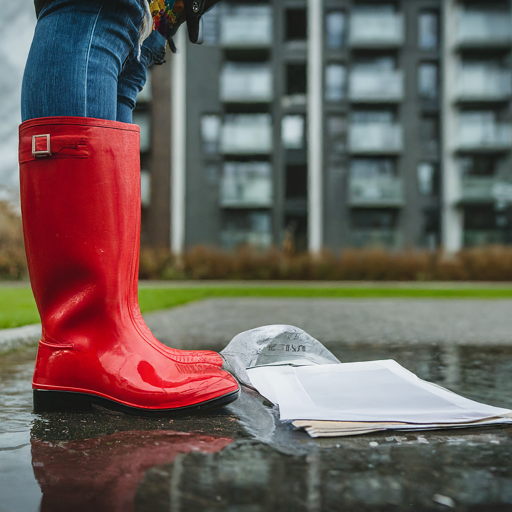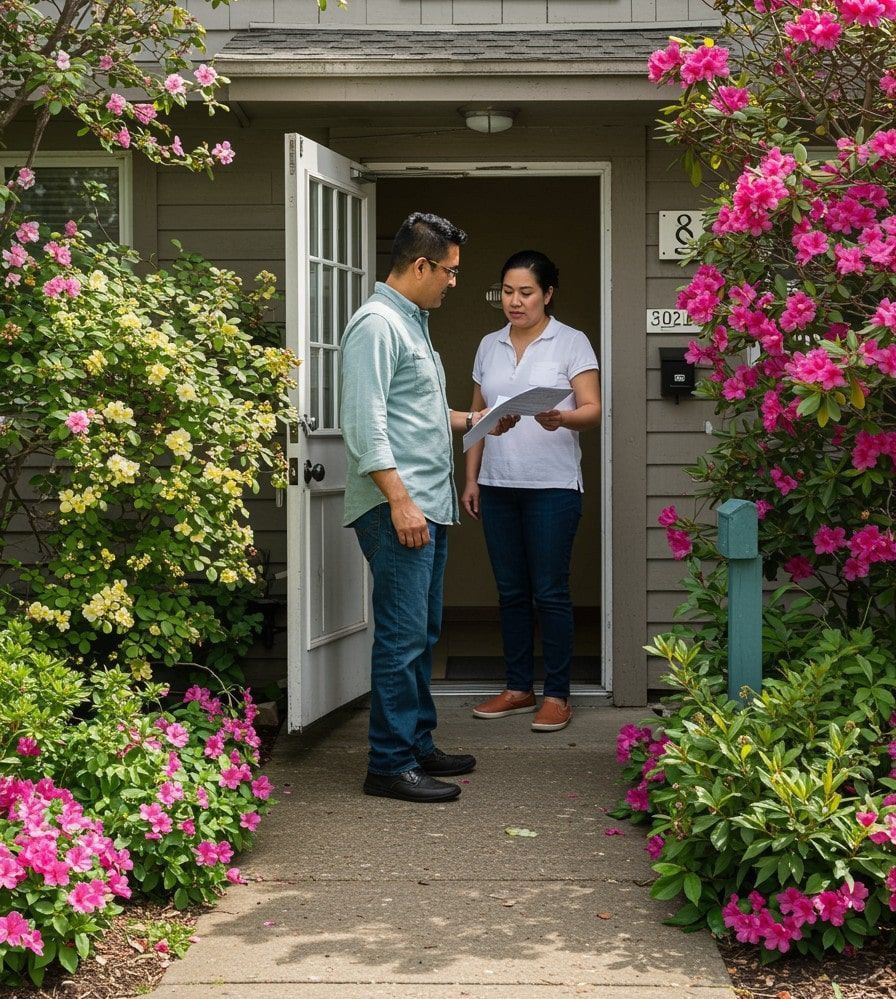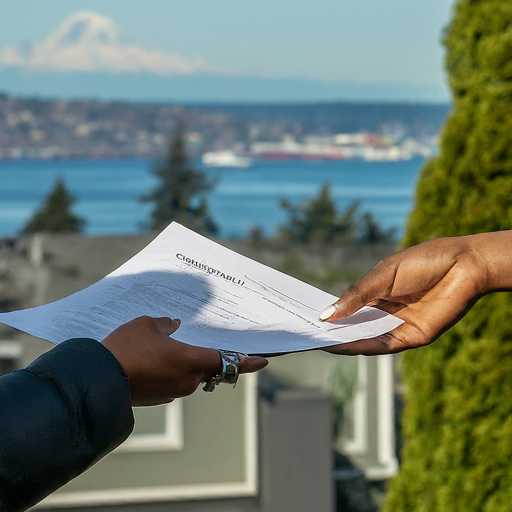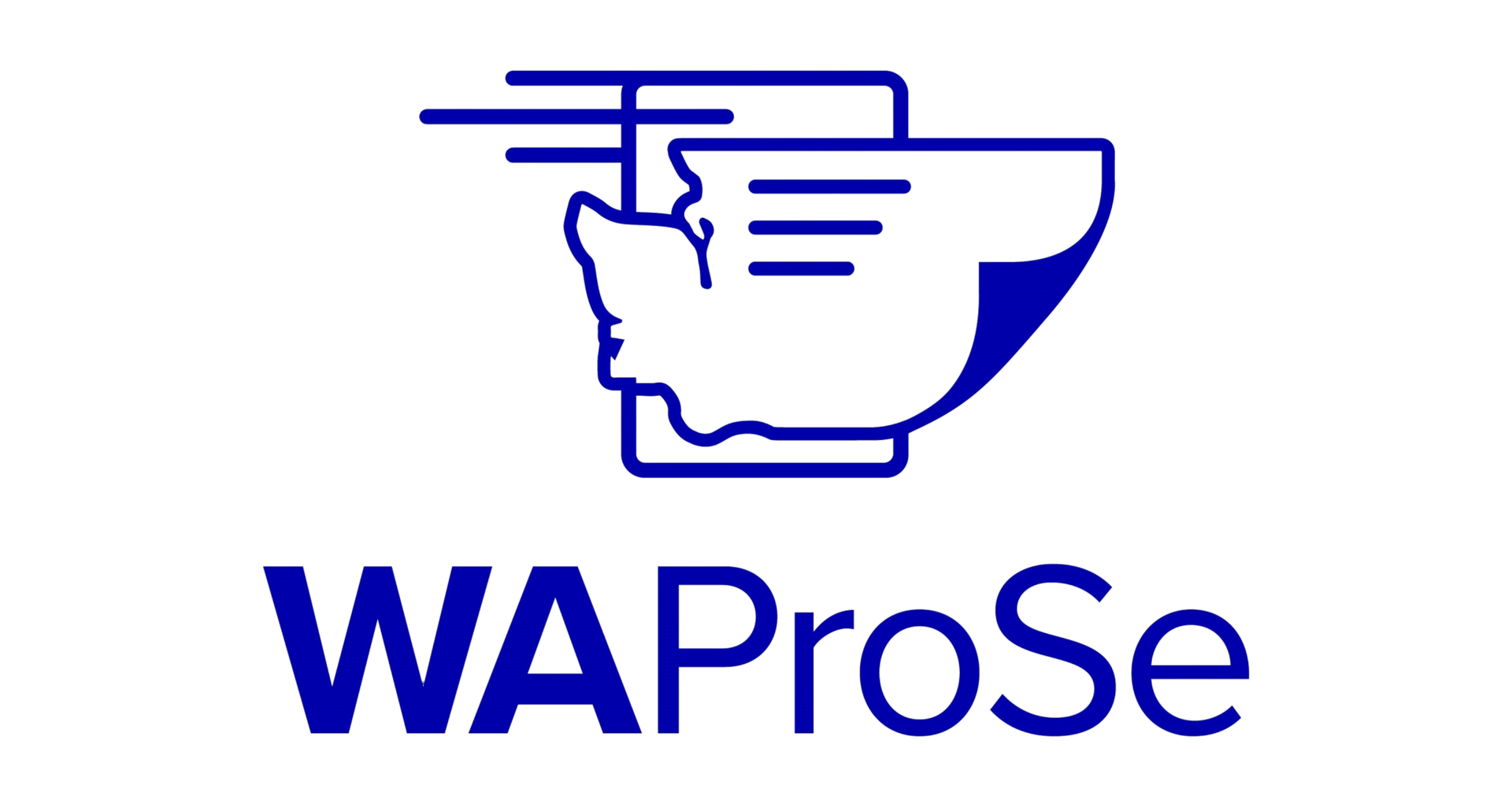What are the ABC 123's of Process Serving?
ABC 123: A Process Server Guide
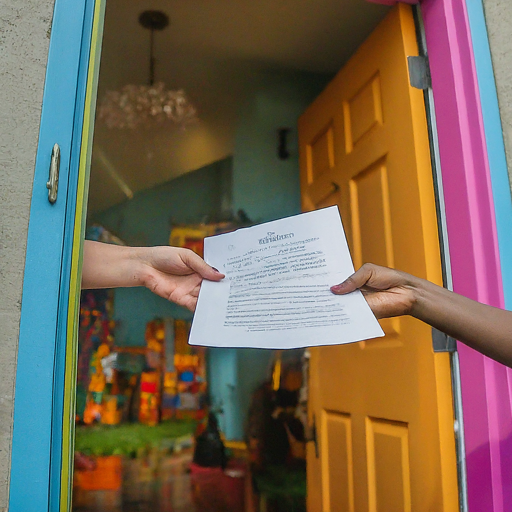
The Ultimate Guide for Process Servers in the Greater Seattle Area
Welcome to your comprehensive guide for process servers operating in the Greater Seattle Area! This bustling region, known for its diverse communities and vibrant legal landscape, presents unique challenges and opportunities. This guide will cover essential tips on the types of documents you'll serve, safety protocols, effective due diligence strategies, how to utilize local resources like private investigators, and the necessary tools and equipment every process server should have.
Key Cities and Towns to Cover
As a process server, your journey will take you through several cities and towns, each with its unique legal requirements. Here are some areas you'll frequently visit:
Seattle
- Types of Documents: Summons, complaints, subpoenas, and eviction notices.
- Neighborhood Insights: Areas like Capitol Hill and Ballard may present more challenging serves due to higher population density. Many apartment buildings will require permission to access, causing a challenge for process servers.
Bellevue
- Types of Documents: Corporate documents, small claims notices, and family court papers.
- Local Tips: Bellevue’s tech scene means you may encounter more business-related serves, requiring a professional demeanor and sometimes an appointment. Think banks and difficult to reach tech CEOs with security at the entrance of buildings.
Tacoma
- Types of Documents: Eviction notices, family law documents, and civil litigation papers.
- Neighborhood Insights: Be aware of areas with high foot traffic and potential hostility, particularly near courts or community centers.
Redmond
- Types of Documents: Business-related documents, including NDAs and contracts.
- Local Tips: As home to many tech companies, you may need to navigate office buildings and corporate campuses.
Everett
- Types of Documents: Civil litigation papers, small claims, and family law documents.
- Neighborhood Insights: Stay alert in residential areas where subjects may not expect a process server.
Kirkland
- Types of Documents: Divorce papers, restraining orders, and small claims notices.
- Local Tips: Community-oriented neighborhoods may require a more personable approach.
Your service processing trips across town will have you passing through a variety of counties, such as:
- Snohomish County
- King County
- Island County
- Whatcom County
- Pierce County
-Kitsap County
Types of Documents Commonly Served
Here’s a deeper dive into the types of documents you’ll typically handle:
- Summons and Complaints: Initiate legal proceedings; often time-sensitive.
- Subpoenas: Court orders compelling attendance or the production of evidence.
- Eviction Notices: Critical for landlords to regain possession of property.
- Divorce Papers: Sensitive documents that may require careful handling.
- Child Custody Documents: Often emotional; approach with care.
- Civil Litigation Papers: Includes complaints and discovery documents.
- Warrants: Time-sensitive and often necessitate immediate action.
Essential Tools and Equipment for Process Servers
To perform your duties effectively, carrying the right tools and equipment is crucial. Here’s a list of essentials:
1. Documentation Tools
- Notepad/Tablet: For taking notes on attempts and conversations.
- Camera or Smartphone: For documenting serves, taking photos of license plates, and gathering evidence.
2. Legal Supplies
- Copies of Legal Documents: Always have a protective cover for your documents in this rainy climate.
- Affidavit of Service Forms: Essential for documenting your service efforts.
- Business Cards: Professional cards can help establish credibility.
3. Safety Equipment
- Pepper Spray: A deterrent for potential threats (ensure it's legal to carry in your area).
- Personal Alarm: A small device that emits a loud sound to attract attention if you feel threatened.
4. Navigational Tools
- GPS Device/Smartphone: For easy navigation through Seattle’s streets and neighborhoods.
- Local Maps: Backup in case of tech failure.
5. Vehicle Essentials
- First Aid Kit: Always good to have in case of minor injuries.
- Flashlight: Useful for serving in low-light situations.
- Blankets/Water: For long days on the road, especially during hot weather.
Safety First: Staying Secure as a Process Server
Safety is crucial in this line of work, especially when approaching individuals who may not welcome your presence. Here are expanded safety tips:
1. Trust Your Instincts: If a situation feels off, it’s better to err on the side of caution. Don’t hesitate to leave and reassess.
2. Stay Aware of Your Surroundings: Before approaching, scan the environment. Look for potential threats and exits.
3. Use a Buddy System: Partner with another process server, especially in unfamiliar or high-risk areas. This not only increases safety but also adds credibility.
4. Vehicle Safety: Ensure your vehicle is in good condition and park in well-lit areas. Always check for anyone following you when leaving an area.
5. Personal Protection: Consider self-defense training or carrying personal safety devices like pepper spray (where legal).
Due Diligence: Going the Extra Mile
Achieving due diligence is crucial for successful service and can prevent delays or complications. Here are effective strategies:
1. Neighborhood Checks:
- Engage with Neighbors: Speak casually with neighbors to verify the subject's residency. Ask open-ended questions about the individual.
- Documentation: Always note the names and contact details of those you speak with.
2. Vehicle Documentation:
- License Plate Photos: Photograph any vehicles registered to the subject, especially if they are consistently parked at the residence.
- Document Date and Time: Always record when you take these photos for future reference.
3. Social Media Research:
- Use platforms like Facebook and LinkedIn to gather clues about the individual's current whereabouts or employment status.
4. Professional Networking:
- Connect with local attorneys, real estate agents, and other process servers. They can provide tips on hard-to-find individuals or local nuances.
Partnering with Private Investigators
If you’re facing difficulties locating a subject, collaborating with private investigators can save you significant time and effort. Here’s how they can assist:
- Background Checks: PIs can pull detailed reports on individuals, including previous addresses and potential connections.
- Surveillance: If necessary, they can conduct surveillance to confirm residency or find whereabouts.
- Skip Tracing: For individuals who have relocated, PIs employ specialized methods to locate them, often accessing databases unavailable to the public.
- Local Insight: Experienced PIs are familiar with the Greater Seattle Area and can provide tailored strategies based on local knowledge.
Conclusion
As a process server in the Greater Seattle Area, understanding the legal landscape, prioritizing safety, and executing thorough due diligence are paramount. Carrying the right tools and equipment not only enhances your effectiveness but also ensures your safety on the job. Whether you’re serving documents in Seattle, Bellevue, or Tacoma, keeping these tips in mind will enhance your professionalism and success in the field. Don't hesitate to utilize local resources, including private investigators, to assist in your mission. Whether you refer to yourself as a process server, processing server, processes server, someone who serves process or someone who does service processing, the legal community appreciates your service!

